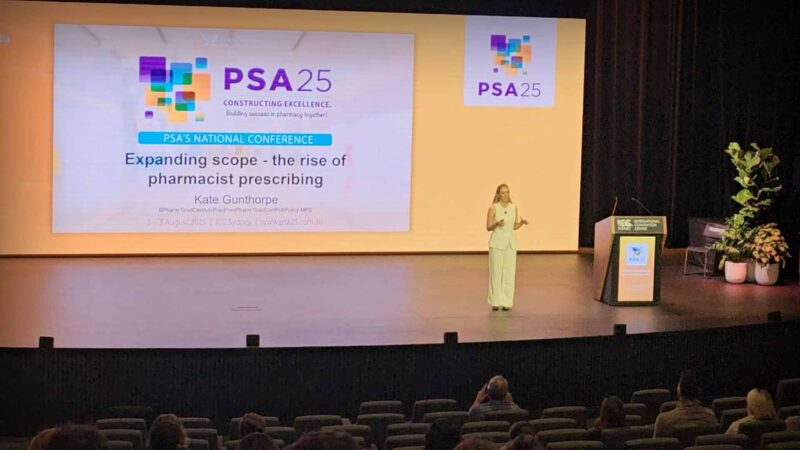Next week’s WONCA global conference in Sydney is an important event for GPs Worldwide to gather and share knowledge, particularly regarding primary care practices in different countries, and to address challenges in workforce and funding in healthcare systems.
Over 3000 delegates from around the World will gather at the 50th celebration of WONCA to reconnect and revive General Practice, sharing knowledge and learnings on access, equity, funding, and multidisciplinary care teams. This includes networking with Australian and overseas GPs and in particular learning about primary care practices in other countries.
The WONCA 2023 World Conference in Sydney is hosted by The Royal Australian College of General Practitioners (RACGP) . RACGP is the voice of general practitioners (GPs) across cities and throughout rural and remote Australia. For more than 60 years, the organisation has supported the backbone of Australia’s health system by setting the standards for education and practice and advocating for better health and wellbeing for all Australians.
Australian Health Journal met with Dr Nicole Higgins, President of RACGP in transit at Brisbane Airport recently and she spoke about the $6 Billion allocated in the Federal Budget in May as a significant achievement for General Practice investment. She also emphasised this announcement reinforced GPs should be at the centre of multidisciplinary care teams to ensure continuity of care and better health outcomes.
Dr Higgins also spoke about the new Commonwealth Government led Scope of Practice review being crucial for General Practice to address the challenges of workforce and funding in the primary healthcare system.
Dr Higgins describes WONCA as the FIFA World Cup of General Practice! And that Australian doctors are excited about the upcoming WONCA conference being held at the Sydney ICC between the 26th to 29th of October. The same conference will include GP23 as the RACGP yearly gathering of Australian GPs.
About WONCA
WONCA is an acronym comprising of the first five initials of the World Organisation of National Colleges, Academies and Academic Associations of General Practitioners/Family Physicians. WONCA’s short name is World Organisation of Family Doctors. It is a not-for-profit organisation with 132 member organisations in 110 countries and territories, with membership of around 500,000.
WONCA represents and advocates for its constituent members at an international level where it interacts with world bodies such as the World Health Organization (WHO).
You Might also like
-
Pharmacist Prescribing Model gets further support from state health
A full scope pharmacist prescriber model allows pharmacists to independently prescribe medicines within their professional competence, without requiring prior doctor authorisation. It extends pharmacists’ role beyond dispensing to include assessment, diagnosis of minor and chronic conditions, initiation and modification of therapy, and ongoing patient monitoring. This model integrates pharmacists into primary care teams, aiming to improve timely access to treatment, reduce pressure on general practitioners, and enhance continuity of care. Pharmacists use their clinical knowledge, patient records, and collaborative pathways to ensure safe prescribing. The model emphasises training, regulation, and accountability to maintain high standards of patient safety.
-
Primary care remodelled
Tracey Johnson is the CEO of Inala Primary Care, a not-for-profit general practice located in Inala serving approximately 7000 patients; 4400 of whom attend clinic regularly. Inala is a suburb of Brisbane, Queensland and has a population of great cultural and linguistic diversity, with just under 40% of residents speaking English at home. It is also one of Queensland’s most socioeconomically marginalised urban areas.
Australian Health Journal spoke with Tracey on the role of Inala Primary care in reducing hospital admissions.
-
Patient family develops app for improved adherence and clinical outcomes
Darron Goralsky, a physiotherapist with over 30 years of experience, is the Clinical Director and Founder of Melbourne TMJ and Facial Pain Centre. He leads a multidisciplinary team dedicated to treating jaw pain, facial pain, and headaches. Goralsky has observed a rise in musculoskeletal issues among younger populations, largely due to increased screen time and poor posture, trends that intensified during the COVID-19 pandemic. Emphasising technology integration and patient responsibility, he believes digital health solutions play a crucial role in improving adherence and outcomes for both patients and caregivers.



